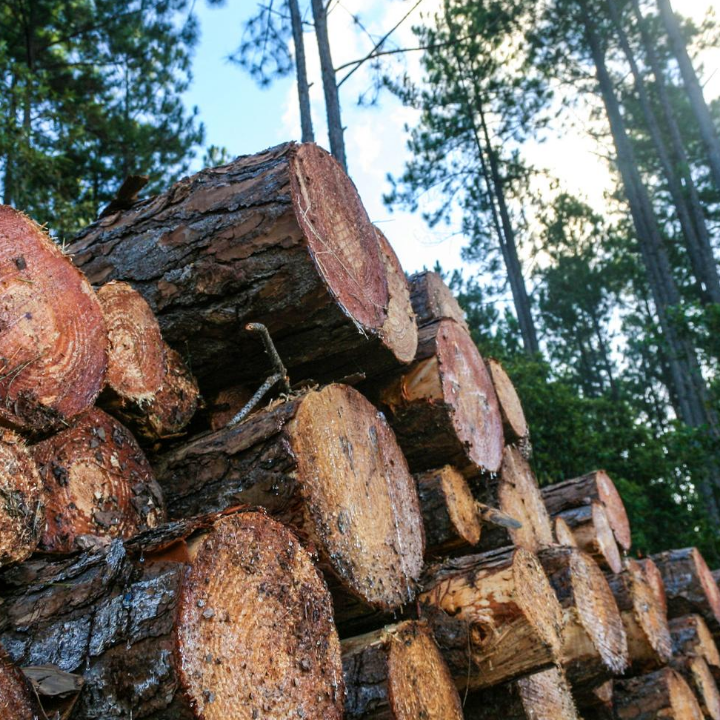Mali and Senegal: Investigations exposed rosewood trafficking linked to Chinese companies

Canva
"Mali / Senegal: New Investigations on Rosewood Trafficking Between Mali and Senegal" 11 September 2023
A Consortium of Senegalese Journalists Led by PPLAAF Confirms Whistleblower’s Disclosures on Massive Plunder. Since 2020, PPLAAF has been supporting Amadou Traoré, a Malian whistleblower who exposed rosewood trafficking along the borders of Mali and Senegal. This trafficking, involving European shipping companies benefiting China, continues, stated the Platform to protect Whistleblowers in Africa (PPLAAF) today...
The investigations have uncovered a series of alarming events linked to the massive plunder of rosewood, also known as “bois de Vène“, in the forests of Mali. According to the journalists, Chinese traffickers, in collusion with businessmen and authorities in Senegal and Mali, manage to exploit Malian forests by paying bribes to local village chiefs. Initially centered in Casamance, Senegal, Chinese traffickers and their accomplices in the region used the Gambia as a transit point to ship the wood to Asia, particularly China. However, with the depletion of wood stocks in Casamance, the trafficking shifted south-eastwards along the border with Mali, particularly in the Tambacounda and Niokolo-Koba regions. Although Mali is the epicenter of this traffic, Senegal is also involved as a transit and supply country...
[...]
This lucrative trade is a significant source of income for the traffickers and their accomplices, who transport the wood to the Chinese market, where demand for rosewood is very high. The traffickers are also said to rely on the routes used by major international shipping companies.
The consequences of this trafficking are concerning for biodiversity and the local environment. In this regard, Amadou Traoré explains that “to access and section a large centuries-old tree, it is necessary to fell dozens of young saplings.'” Environmentalists in Mali and Senegal are concerned about the lack of effective controls and the considerable power of transporters on the roads. Although random checks are carried out periodically, rosewood trafficking remains a major challenge in the region...